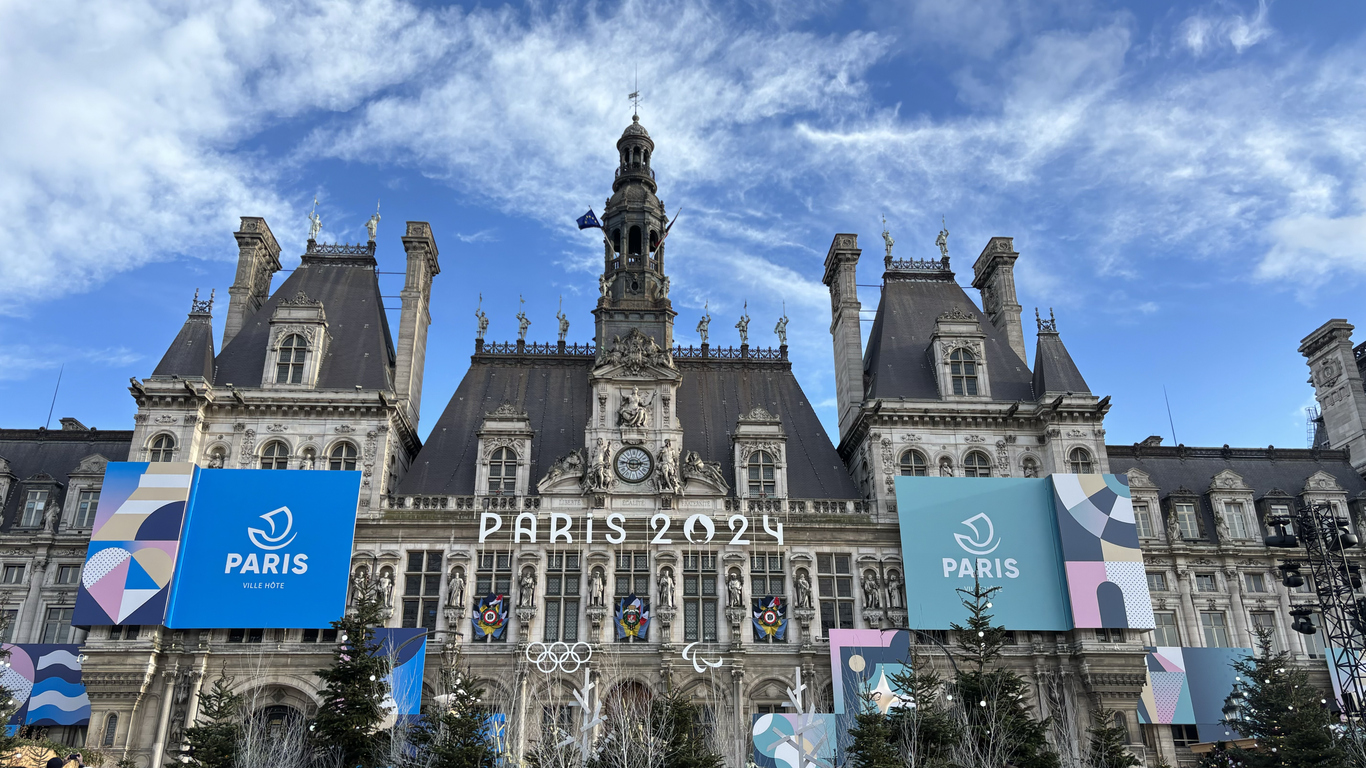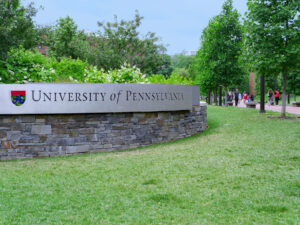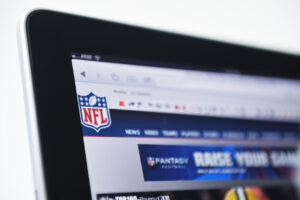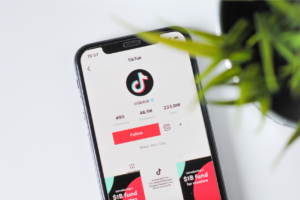How Paris tourism is using Olympics PR to keep tourists coming today and tomorrow
Paris Je T’aime spoke with PR Daily about the tourism bureau’s strategy during the games.

Hotel de Ville building Courtyard of the City Hall view Paris olympic games 2024.
On paper, a person might believe the Olympics would be an easy sell to locals and sports tourists alike. It’s two weeks of the top athletes in the world competing in front of thousands of visiting fans on an international stage. Mix in a setting like Paris – the world’s top city destination for travelers – and you’d think those positive headlines would write themselves.
Organizers of these Summer Games leaned into the French city’s unique footprint by hosting a one-of-a-kind opening ceremony on the Seine River and using the Eiffel Tower as a backdrop to the beach volleyball venue. What’s not to love?
But the reality is the Olympics, like most major international events, faces challenges – and with them, enhanced scrutiny, especially on social media.
The organizers of the Paris Games spent the years since they won the bid in 2017 working with the city’s tourism office, Paris Je T’aime (which means “Paris I love you”), to create brand identity and a media strategy to project its messaging to local and international audiences.
In the build-up to the Olympics, Paris Je T’aime said it integrated both B2C and B2B communications into its messaging. It highlighted not only sports-related attractions but also popular sites in Paris, infrastructure improvements and urban development.
“Ultimately, our goal is to shape the perception of Paris as a destination that is not only equipped to host a major global event like the Olympics, but one that embodies the core values and spirit of the Games,” Corinne Menegaux, Paris Je T’aime’s managing director, wrote to PR Daily in an email interview.
A celebration of sport and Paris
The decision to host Olympic events at many iconic landmarks, historic venues and along the Seine River was a strategic move, Menegaux said. She called it an opportunity to showcase “these world-famous Parisian sites to a global audience is the best promotion we could hope for.”
A key part of the PR effort was to highlight that the city isn’t shut down until the games are over. After all, the expected 11.3 million visitors – roughly 13.3% from outside France – need things to do when they’re not watching sports.
Popular tourist areas such as Montmartre, Opéra and the Left Bank, are removed from the core Olympic activities, for instance.
Menegaux and her team are also informing visitors of non-Olympic activities, such as an exhibition on Egyptian pharaohs at Ateliers des Lumières and the Paris Plage, a “beach” program staged along some of the city’s waterways.
To make that information more readily available, Paris Je T’aime created a mobile-responsive website that generates what Menegaux described as “off-the-beaten-path exploration” options based on the user’s geolocation.

The goal, Menegaux said, is to convey a public message that Paris remains an “attractive destination for all travelers, whether they are visiting for the Olympics or seeking a more traditional Parisian experience.”
Dealing with controversy
Paris Je T’aime estimated that 4 billion viewers will tune in to watch the Olympics. That means 4 billion opportunities to make an impression on potential tourists.
Through the first three full days, NBC averaged 34.5 million viewers across all of its platforms for its primary telecasts. That includes 41.5 million on Sunday – nearly doubling the number for the Tokyo Olympics.
Of course, having all those eyes locked on Paris has the potential to attract negative attention as well.
These 2024 Games have faced their fair share of challenges already. Issues have ranged from acts of sabotage that temporarily crippled rail travel into the city to the controversial “Last Supper” component of the opening ceremony.
“There was never an intention to show disrespect to a religious group. If people have taken any offense, we are, of course, really sorry,” a Paris Olympics spokesperson said.
There’ve even been reports that local businesses believe the Olympics will prove to be a “real obstacle” to their success over the next couple weeks because many locals have left town and tourism hasn’t yet reached expected levels.
Paris Je T’aime didn’t respond to a follow-up question about complaints. Instead, the organization provided data suggesting that 14.8 million tourists came to Paris in the first half of 2024, which represents a 0.6% decrease from last year. For the Olympic period, Paris Je T’aime estimates a 10.2% increase in air arrival to the city compared to the same time in 2023.
When asked how it would respond to misinformation or negative comments, Menegaux said her team is in “constant communication” with the local and global media as well as tourism professionals to make sure “as a group they’re relaying” accurate information to the public.
Setting the stage for future tourism
Gauging the success or failure of a campaign in the midst of it isn’t easy to do. It also may not present the most accurate results.
For that reason, Paris Je T’aime plans to do a full debrief at the conclusion of the Olympics on Aug. 11 to determine how things went.
One thing they’ll analyze is how tourism evolves in the short and long term, Menegaux said. Prior to the Olympics, Paris was nearing pre-pandemic tourism levels and they’re expecting to see a jump in tourism following the closing ceremony and throughout the rest of the year.
Paris Je T’aime will be interested in total visitors, economic spend figures and social media impressions. But Menegaux’s biggest interest, she said, is where visitors went while they were in the city and how they got around town.
Menegaux said the data they collect will have the power to “shape tourism patterns and behaviors” in Paris long into the future.
“Our goal was to showcase all that Paris has to offer, both during the Olympic period and beyond,” she added.
Casey Weldon is a reporter for PR Daily. Follow him on LinkedIn.






